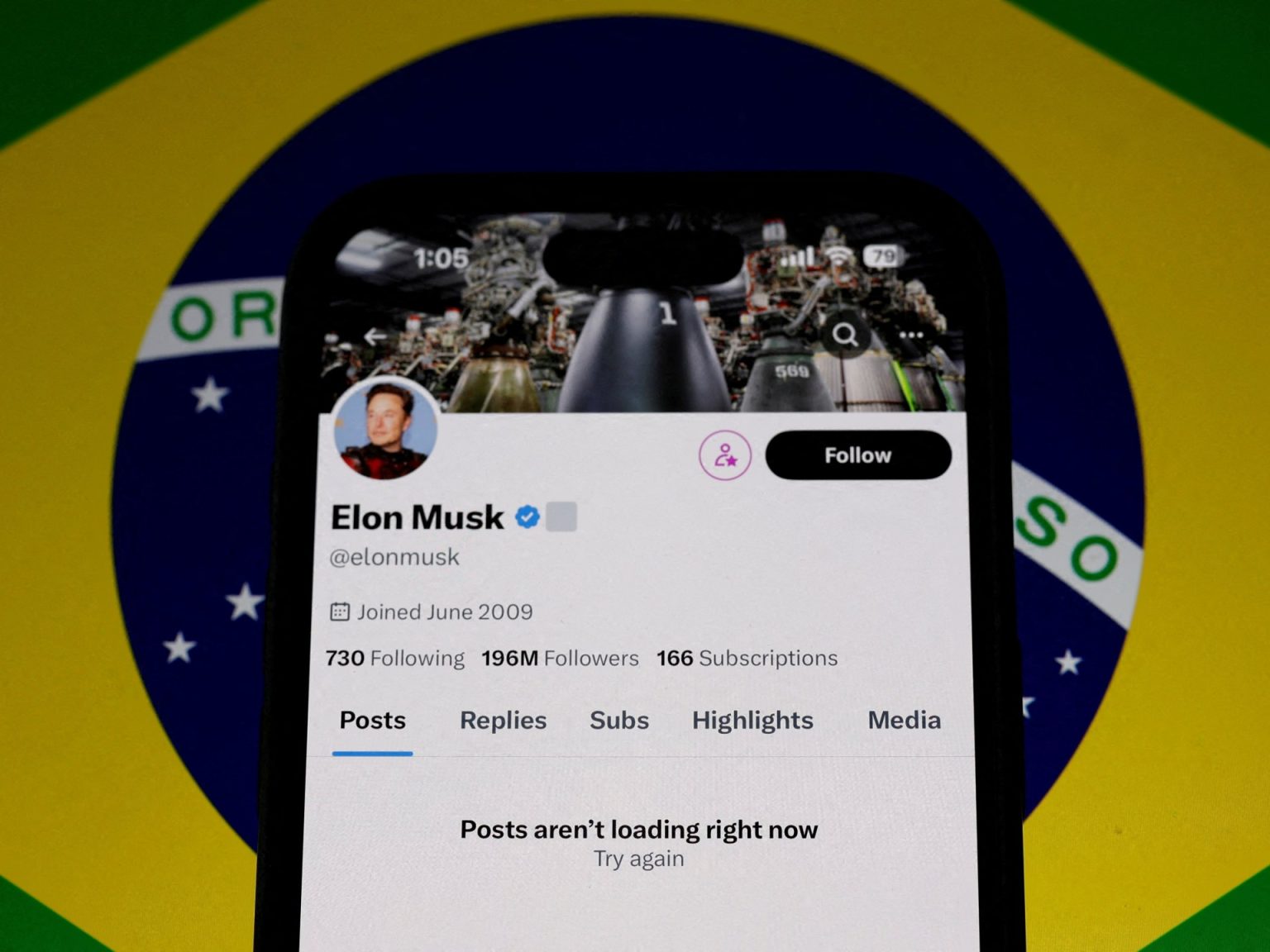South African billionaire Elon Musk has been in a public feud with Brazilian Supreme Court Justice Alexandre de Moraes over the issue of free speech on social media platform X. Musk claims he is defending the Brazilian people’s right to free speech, but his actions have not furthered this cause. Instead, his conflict with the judge has exposed the danger that tech leaders who believe they are above the law pose to democracy.
The dispute between Musk and Moraes began after supporters of Brazil’s former President Jair Bolsonaro attempted to overthrow the democratically elected Leftist president. Moraes ordered X to remove accounts that had fueled this attack, sparking Musk to portray the judge’s actions as attacks on free speech and democracy. This conflict has revealed Musk’s allegiance to the global far right and his willingness to challenge the authority of the judiciary in Brazil.
Documents published by journalist Michael Shellenberger revealed the judiciary’s efforts to remove harmful content from X, but Musk’s attempts to paint these actions as attacks on freedom of expression have fallen flat. Musk continued to target Justice Moraes publicly, leading to the suspension of X’s operations in Brazil until court orders are followed. This move has left 40 million Brazilians unable to access the platform legally, highlighting the broader implications of Musk’s actions.
The issue at hand is more than just a personal feud between Musk and a judge or access to a social media platform. It is a case of a multinational company controlled by a billionaire trying to assert dominance over a nation’s democratically elected government. Musk’s refusal to comply with Brazilian law and his attempts to interpret the country’s laws highlight the dangers of tech leaders controlling communication technologies and their impact on democracy.
While criticism of the judiciary in Brazil is natural in a democracy, Musk’s extensive campaign against Justice Moraes is an attempt to undermine the country’s democratic institutions. The coordination between Musk and far-right activists in Brazil, including Bolsonaro supporters, shows a clear agenda to discredit investigations into attacks on democracy. Musk’s actions serve the interests of the far right movement in Brazil, which has no respect for democracy.
Musk’s disregard for Brazilian law and attempts to circumvent the X ban in the country demonstrate his lack of respect for the nation’s sovereignty. The ongoing conflict between Musk and the Brazilian judiciary is not just about free speech but an attempt by a tech mogul with far-right ties to assert dominance over a sovereign democratic state’s independent judiciary. This situation represents an attack on Brazilian democracy and should be treated as such.













